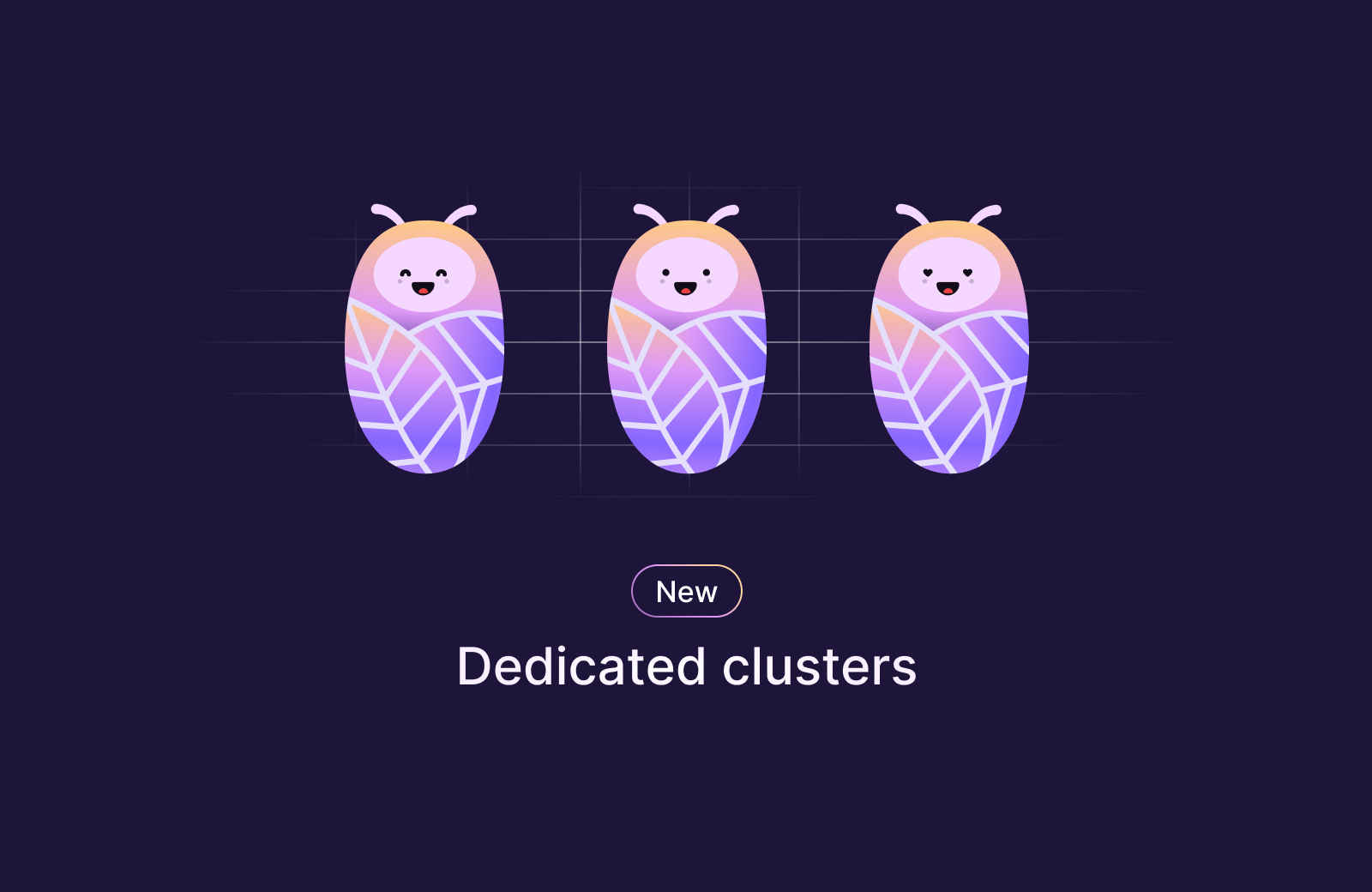Migrations with Drizzle
Hi
What is the current best practice regarding migrations when I'm using Drizzle with Xata?
With Planetscale I just used Drizzle Kit's
What is the current best practice regarding migrations when I'm using Drizzle with Xata?
With Planetscale I just used Drizzle Kit's
db push




